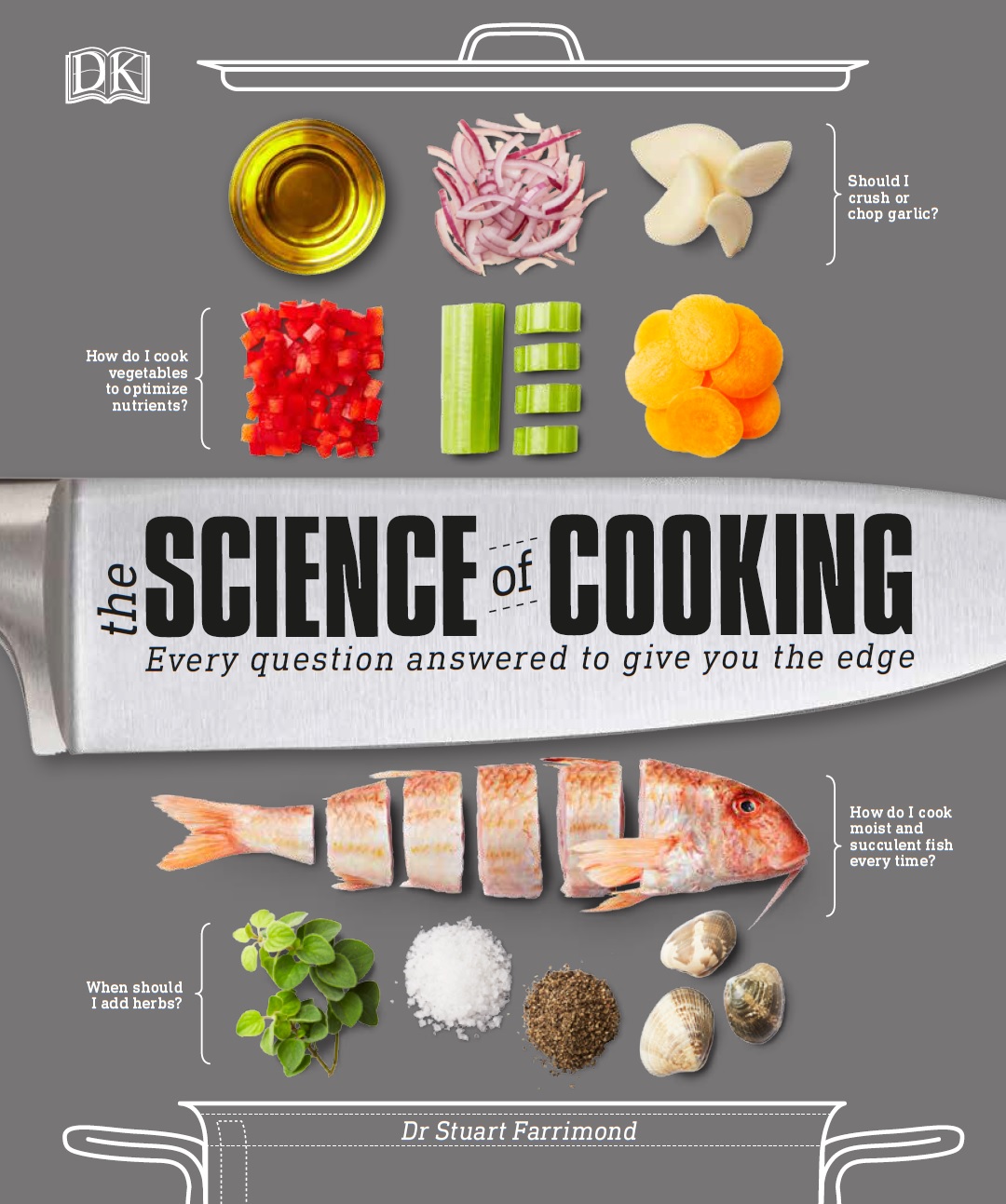 Rock concerts, fast cars and beach holidays – a midlife crisis sounds like a dream. If you happen to be a child of a parent going through a 40-something identity crisis – then you’re probably in for a great time.
Rock concerts, fast cars and beach holidays – a midlife crisis sounds like a dream. If you happen to be a child of a parent going through a 40-something identity crisis – then you’re probably in for a great time.
Just because you’ve bought a ridiculously overpriced motorbike and you’re over 35, does it mean you’re having a midlife crisis? Today we shall be finding out what’s really behind those middle-aged Harley Davidson cravings.
How to know if you’re having a midlife crisis
The top ten signs of a midlife crisis: read and reflect if you anyone you know comes to mind.
- Desiring a simpler life
- Still going to music festivals like Glastonbury
- Start looking up old boyfriends or girlfriends on Facebook
- Realise you will never be able to pay off your mortgage
- Joining Twitter so your bosses think you ‘get’ digital
- Excessively reminisce about your childhood
- Take no pleasure in your friends’ successes
- Splashing out on an expensive bicycle
- Sudden desire to play an instrument
- Fret over thinning hair
These ten midlife crisis ‘signs’ were widely reported in the media and were gathered during a ‘research study’ earlier this. I tried to find the original research and strangely it is only the newspapers seem to have the results. Mysterious. It seems that 1,000 people were interviewed at a hair transplant centre in the UK. The survey was headed up by private surgeon Surgeon Asim Shahmalak. Not really science then, but PR gold for the clinic.
Our survey says: 1 in 10 men and women have a midlife crisis
It is said that a midlife crisis occurs between the ages of 35 and 45. Surveys show (properly done ones) that about 1 in 10 people adults feel that they have been through a midlife crisis. But don’t assume it’s just the chaps – women appear to be affected just as much. Many psychologists claim that a midlife crisis is a struggle to deal with the inevitability of death and that not every ambition has been fulfilled.
Picture this: a man is fed up with his work, having an affair with the secretary, spending too much money on extravagances and getting anxious about a receding hairline. It sounds like a midlife crisis, but what if the man was in his twenties. Would you be surprised? (It’s not me, by the way. My hair is just fine, thank you.)
Why the midlife crisis as we know it is probably made up
The main problem with the term ‘midlife crisis’ is that no one can agree what a midlife crisis actually is – it has no accepted definition. We can’t just label any old silly behaviour as a midlife crisis – lots of people do lots of irresponsible things, regardless of their age.
Each phase of life has its own pressures – not just middle age. Adolescents struggle with peer pressure; young adults agonise over work and relationships and pensioners deal with declining health and vitality. “Help! I’m suffering a young-adult-crisis!” That’s something you don’t hear very often.
A ‘midlife crisis’ is usually blamed whenever a middle aged adult throws caution to the summer breeze. Middle age is a time of reflecting on what has been achieved and what hasn’t (or so I’m reliably informed). At 40 you’re about halfway through life and so comparisons with others – be it career success, number of children or number of flat screen TVs – are inevitable. Decisions must be made as to whether you are going to spend the second half of your life doing what you did in the first half.
So yes, some people have a ‘crisis’ when faced with these challenges – but I don’t think it really deserves the attention it gets. (I may change my mind when I get there in about ten, cough, fifteen years.)
Most people cope with life transitions at each stage of life perfectly well and there is no evidence to suggest that ‘crises’ are any more common in midlife. I wonder whether newspapers and magazines make a big deal out of it because ‘middle age’ people tend to buy the most newspapers and magazines.
If you want a Harley and you’ve got the money – do it. Blame the midlife crisis if you like. I’m looking forward to having a good excuse.
Thanks for reading - all opinions expressed are my own. Feel free to add your thoughts in the comments below.
Follow @realdoctorstu
References for the interested:
Alexandra M. Freund, & Johannes O. Ritter (2008). Midlife Crisis: A Debate – A Mini-Review Gerontology DOI: 10.1159/000227322
Elaine Wethington (2000). Expecting Stress: Americans and the “Midlife Crisis” Motivation and Emotion, 24 (2)










Discussion
No comments yet.